The Hong Kong Museum of History (HKMH) will launch three new exhibitions of the "Multifaceted Hong Kong Exhibition Series" from tomorrow (November 27). The exhibition series offers an in-depth exploration of topics such as local community development, local ethnic groups and connections between Hong Kong and overseas Chinese, aiming to provide a comprehensive introduction to the unique urban development context of Hong Kong and the factors that have contributed to the city's success.
The "Multifaceted Hong Kong Exhibition Series" is the first phase of the revamped permanent exhibition of the HKMH. The three new exhibitions, namely the "Yau Tsim Mong - The Urban Transition and Community Bonds", the "Estórias Lusas - Stories of the Hong Kong Portuguese" and the "Sojourning in Gold Mountain - Hong Kong and the Lives of Overseas Chinese in California" exhibitions will be held at the exhibition galleries on the 2/F and M/F of the HKMH respectively. Admission is free.
Addressing the opening ceremony of the exhibition today (November 26), the Secretary for Culture, Sports and Tourism, Mr Kevin Yeung, said these three exhibitions, each with different themes, share a common entry point: Hong Kong is the place, where East meets West with a racial diversity and inclusion, and connection to the world.
Other officiating guests included the Consul-General of Portugal in Macau and Hong Kong, Mr Alexandre Leitão; the Chairman of the Museum Advisory Committee, Professor Douglas So; the Acting Director of Leisure and Cultural Services, Miss Eve Tam; and the Museum Director of the HKMH, Mr Terence Cheung.
While each of the 18 districts in Hong Kong has a distinct story, Yau Tsim Mong District is the most prosperous region in Kowloon and the most diverse district in the territory of Hong Kong. The "Yau Tsim Mong - The Urban Transition and Community Bonds" exhibition will introduce the development change of Yau Tsim Mong District from the early 19th century to the present through nearly 200 exhibits, inviting the audience to explore the historical traces behind the bustling urban scene, with the district as an epitome of Hong Kong. The exhibition is divided into 10 zones which cover industrial factories in Yau Tsim Mong district, the living environment, transport, shops, leisure and culture, as well as the most iconic areas in the district, namely the KCR Clock Tower, Chungking Mansions and Temple Street Night Market. Highlight exhibits include a poster of the Orient Tobacco Manufactory of Hongkong, founded as early as 1908, a commemorative plaque for the completion of Kwong Wah Hospital in 1911, a plaque and a bell of MV Man Wing of Hongkong and Yaumati Ferry in 1952, and a sales brochure for Chungking Mansions in 1961.
Coming from Macao from the mid-19th century onwards, the Portuguese people formed one of the earliest foreign communities in Hong Kong. The "Estórias Lusas - Stories of the Hong Kong Portuguese" exhibition traces the numerous fields of endeavours and contributions of the Hong Kong Portuguese community and introduces their distinctive traditions and culture through showcasing over 250 exhibits from Portuguese families and organisations. Highlight exhibits include the 200-year-old porcelain plate made in Guangzhou bearing the Barretto family crest, and the watercolour painting of the Club Lusitano inauguration in 1866, the most significant cultural landmark for the Hong Kong Portuguese community. The exhibition also features numerous exhibits from prominent Portuguese figures in Hong Kong, such as the chain of office during Arnaldo de Oliveira Sales' term as the first unofficial Chairman of the former Urban Council, and famous jockey and horse trainer Tony Cruz's first Lusitano Cup. The exhibition also features many audiovisual and interactive multimedia programmes. In the zone decorated as the Sala de Encontro (meeting lounge) of a Portuguese home, the programmes invite the audience to have a taste of classic Macanese food, learn the Macanese dialect, get to know the practice of the Catholic faith and the Hong Kong Portuguese community's distinctive traditions and culture in a lively way.
Starting from the mid-19th century, Hong Kong served as the main port of departure and return for Chinese emigrants and as an entrepôt for their trading activities. Between 1850 and 1939, more than 6.3 million Chinese emigrated through Hong Kong to foreign destinations. The "Sojourning in Gold Mountain - Hong Kong and the Lives of Overseas Chinese in California" exhibition introduces the history of early Chinese emigrating to California through Hong Kong to make a living, showcasing challenges and difficulties faced by overseas Chinese in tandem with their affection towards the motherland, from which the role of Hong Kong as an "in-between place" can be fully demonstrated. To showcase the life of Chinese living abroad, multiple settings are reconstructed in the exhibition, including the Angel Island Immigration Station where Chinese were interrogated before being allowed to enter the United States, the Chew Kee Grocery Store located in Fiddletown, California, and the Kwan Tai Temple in Hanford, California.
Many exhibits are loaned from overseas Chinese individuals and associations in California, including the largest exhibit inside the gallery, a golden dragon made by Kam Yuk Lau, Hong Kong, in 1931, which was transported to Marysville and used in traditional dragon dances to celebrate the Bok Kai Festival in the second month of every Lunar New Year; couplets for the inauguration of the Sam Yup Benevolent Association, Hanford, in 1886; and a banner from the "Bowl of Rice Parties" held by Chinese immigrants in San Francisco in support of China's War against Japanese Aggression in the 1930s.
To tie in with the exhibition series, a rich array of side programmes will be held by the HKMH. Programmes include thematic lectures, outdoor field visits to discover the community history of Yau Ma Tei, Tsim Sha Tsui and Mong Kok areas, and a series of workshops.
The "Multifaceted Hong Kong Exhibition Series" is presented by the Leisure and Cultural Services Department and organised by the HKMH. For details of the exhibition and programmes, please visit hk.history.museum/en/web/mh/exhibition/Multifaceted-Hong-Kong-Exhibition-Series.html, or call 2724 9042 for enquiries.
Ends/Tuesday, November 26, 2024
Issued at HKT 19:20
NNNN
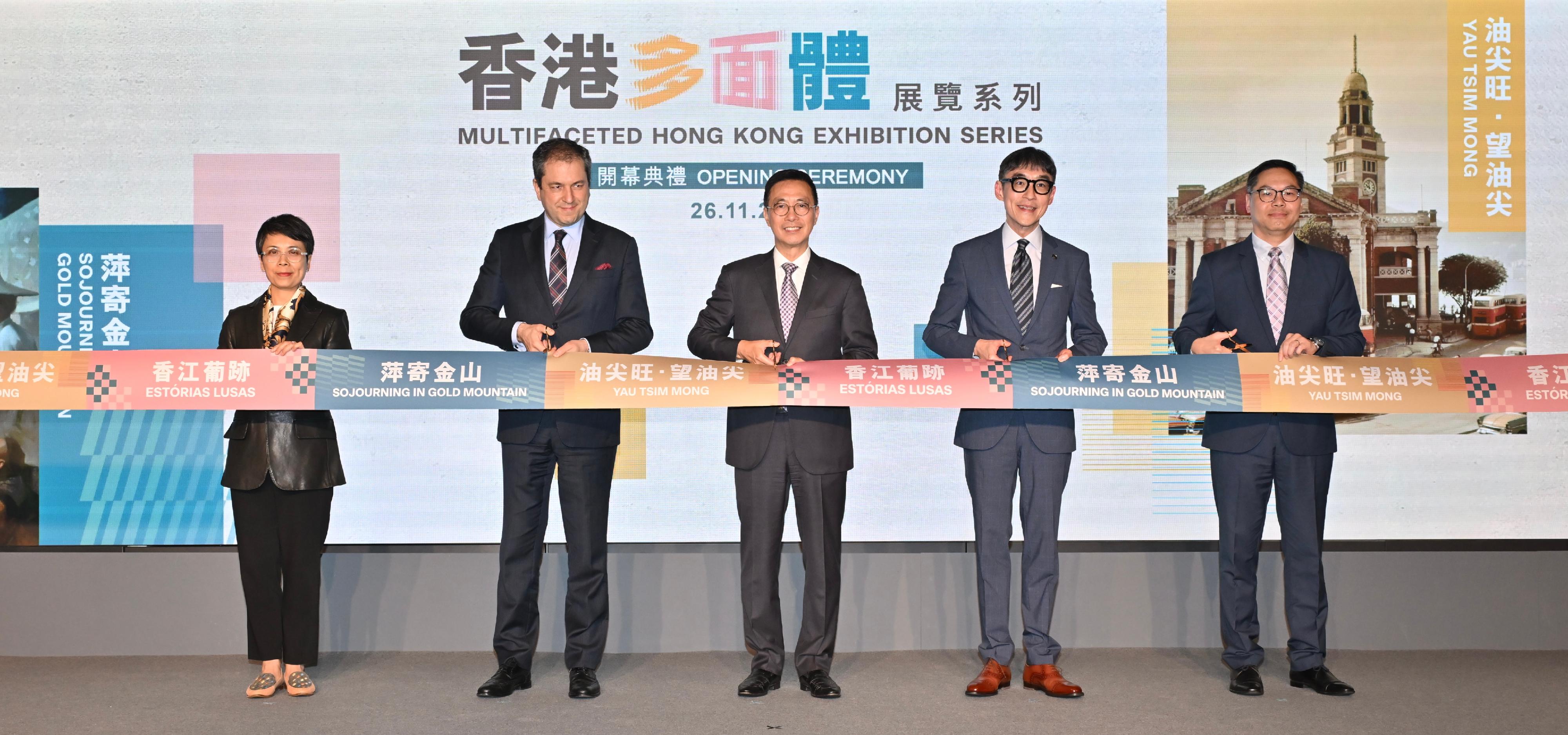
The opening ceremony for the three new exhibitions of the "Multifaceted Hong Kong Exhibition Series" was held today (November 26) at the Hong Kong Museum of History (HKMH). Photo shows (from left) the Acting Director of Leisure and Cultural Services, Miss Eve Tam; the Consul-General of Portugal in Macau and Hong Kong, Mr Alexandre Leitão; the Secretary for Culture, Sports and Tourism, Mr Kevin Yeung; the Chairman of the Museum Advisory Committee, Professor Douglas So; and the Museum Director of the HKMH, Mr Terence Cheung, officiating at the ceremony.
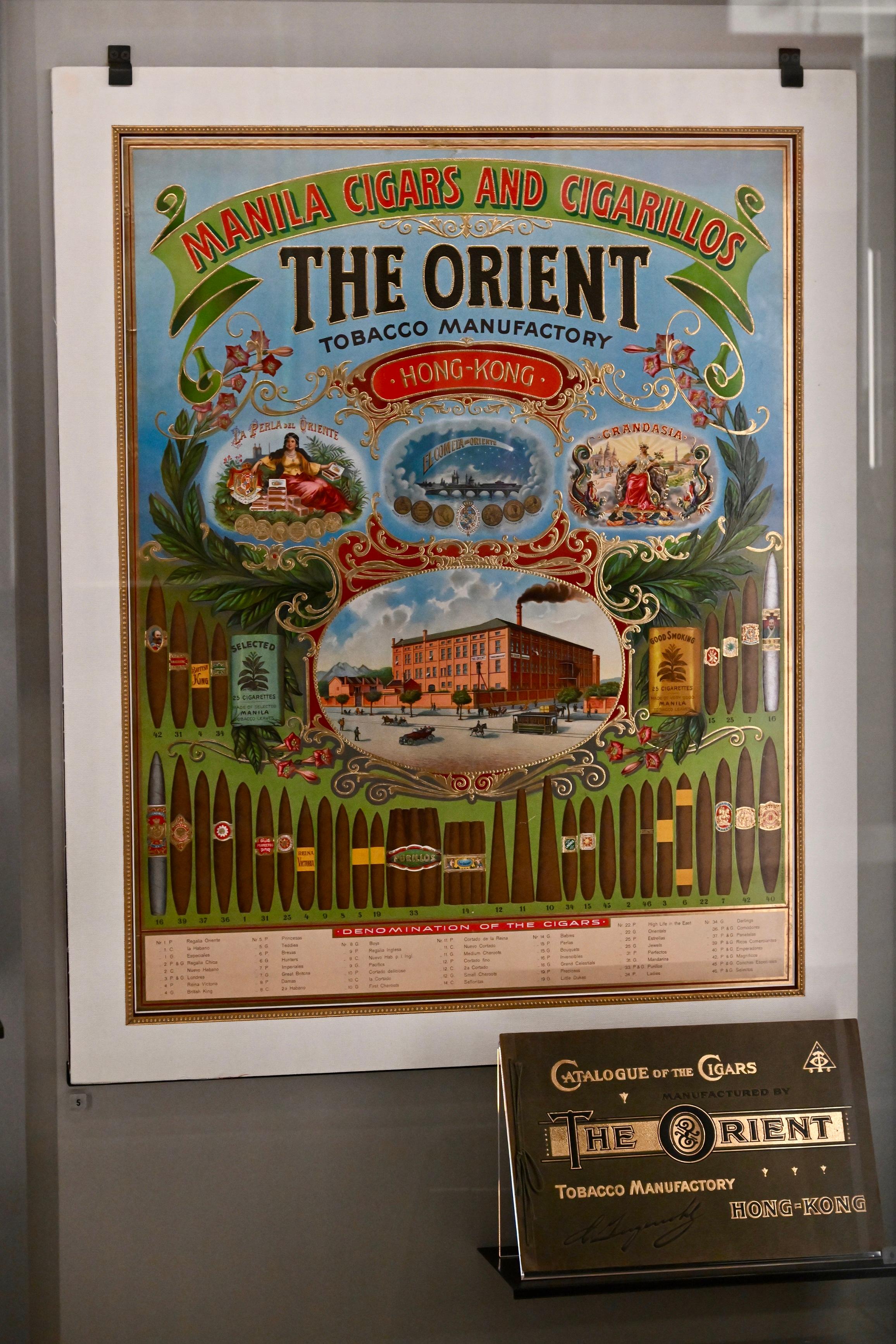
The Hong Kong Museum of History will launch three new exhibitions of the "Multifaceted Hong Kong Exhibition Series" from tomorrow (November 27). The "Yau Tsim Mong - The Urban Transition and Community Bonds" exhibition will introduce the development of Yau Tsim Mong District from the early 19th century to the present. Photo shows a poster of the Orient Tobacco Manufactory of Hongkong in the 1910s to 1930s.
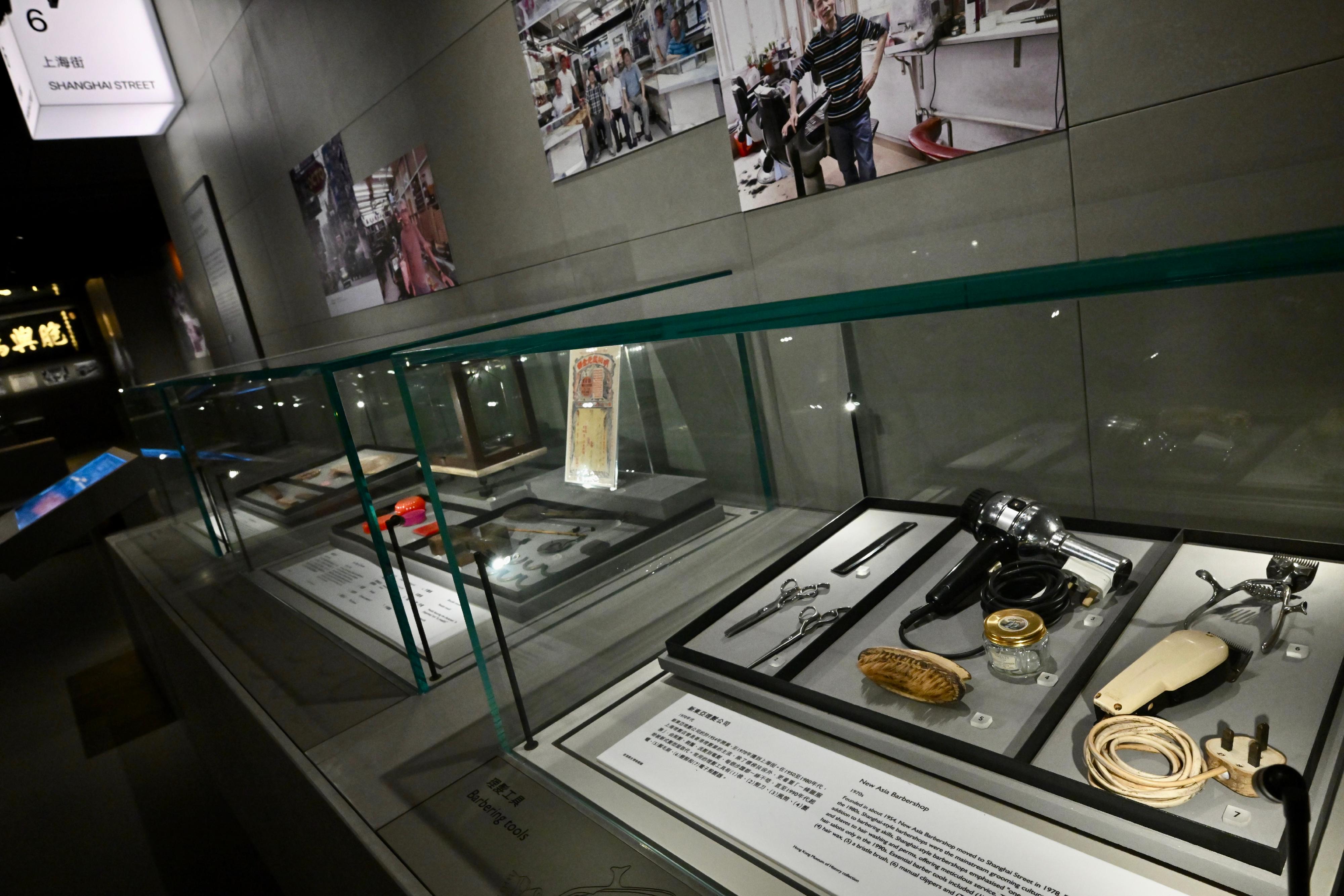
The Hong Kong Museum of History will launch three new exhibitions of the "Multifaceted Hong Kong Exhibition Series" from tomorrow (November 27). The "Yau Tsim Mong - The Urban Transition and Community Bonds" exhibition will introduce old shops on Shanghai Street, Yau Ma Tei, which have long served the local community.
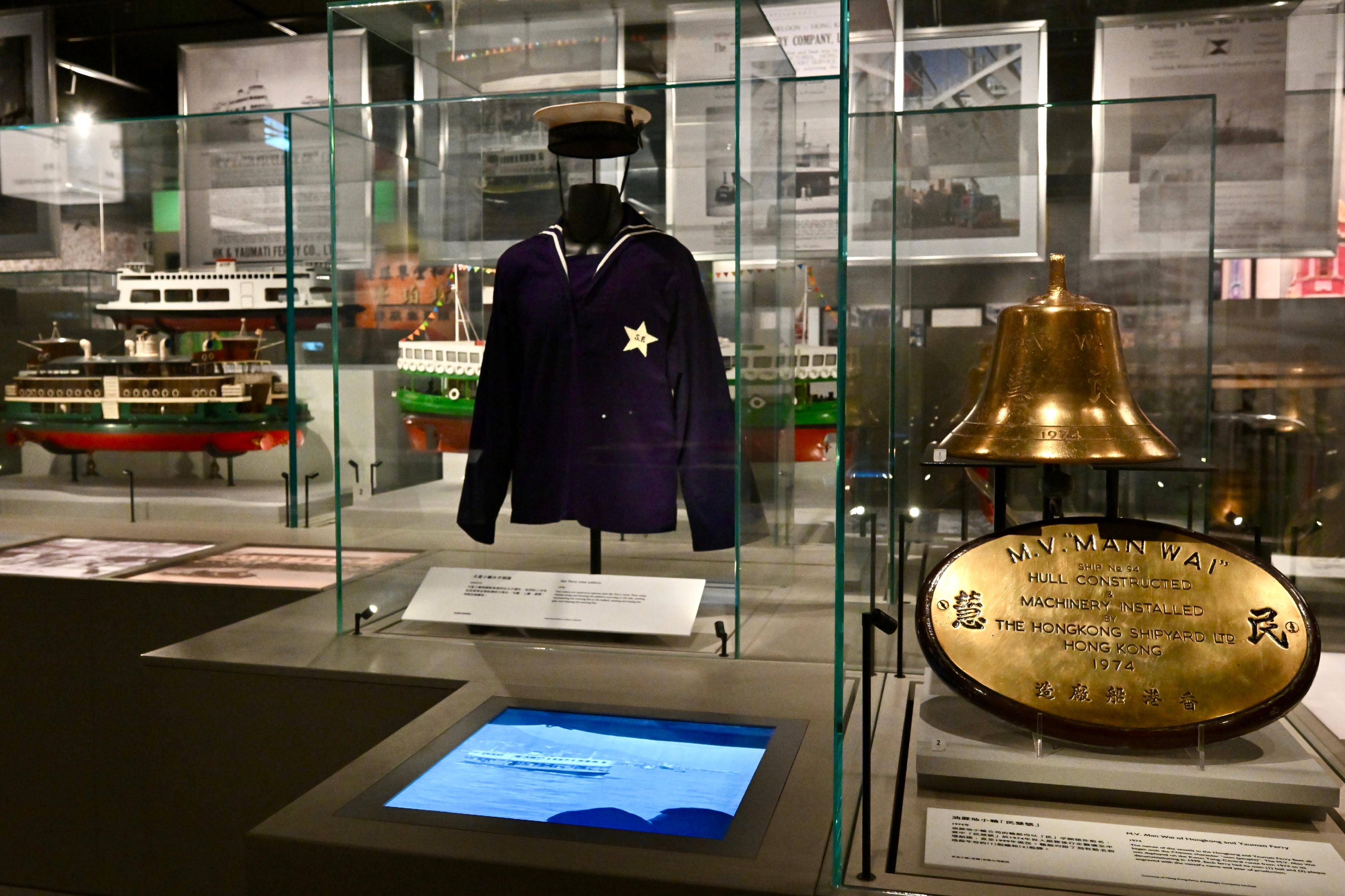
The Hong Kong Museum of History will launch three new exhibitions of the "Multifaceted Hong Kong Exhibition Series" from tomorrow (November 27). The "Yau Tsim Mong - The Urban Transition and Community Bonds" exhibition will introduce the evolution of pre-war and modern transport within the district to visitors.
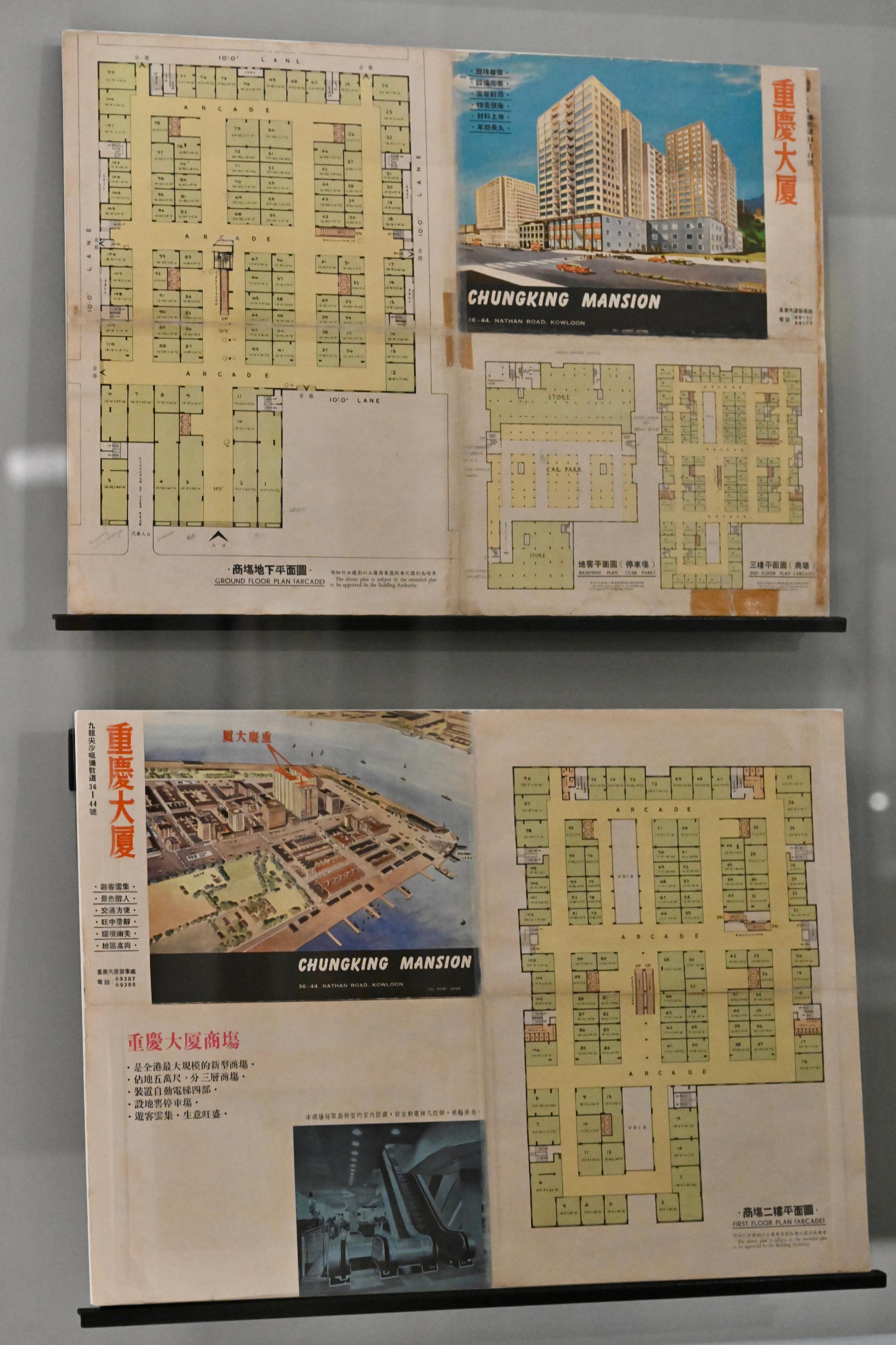
The Hong Kong Museum of History will launch three new exhibitions of the "Multifaceted Hong Kong Exhibition Series" from tomorrow (November 27). Photo shows a sales brochure for Chungking Mansions in 1961.
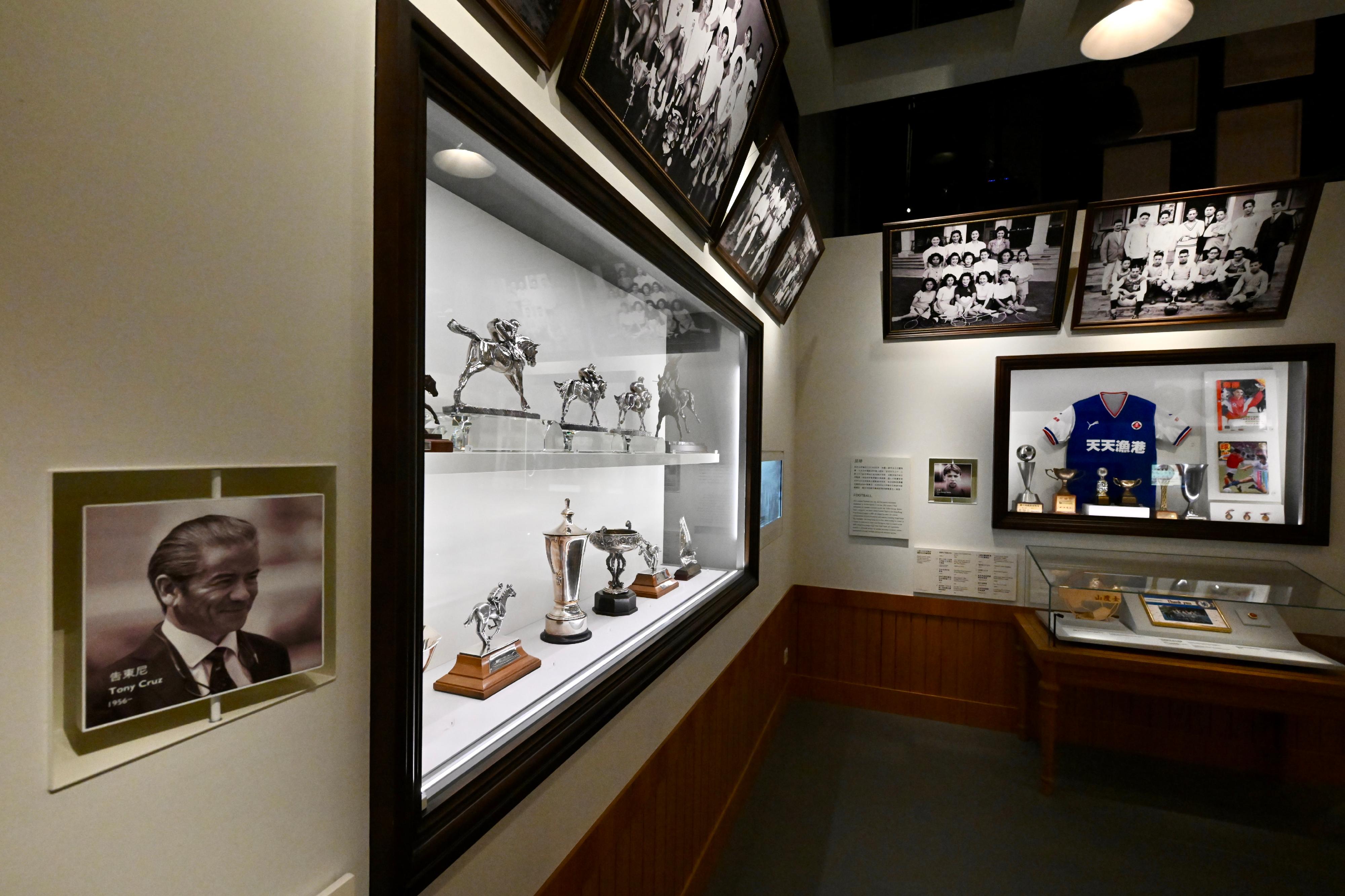
The Hong Kong Museum of History will launch three new exhibitions of the "Multifaceted Hong Kong Exhibition Series" from tomorrow (November 27). The "Estórias Lusas - Stories of the Hong Kong Portuguese" exhibition will showcase contributions of key Portuguese sporting figures including Arnaldo de Oliveira Sales, Tony Cruz and Leslie George Santos.
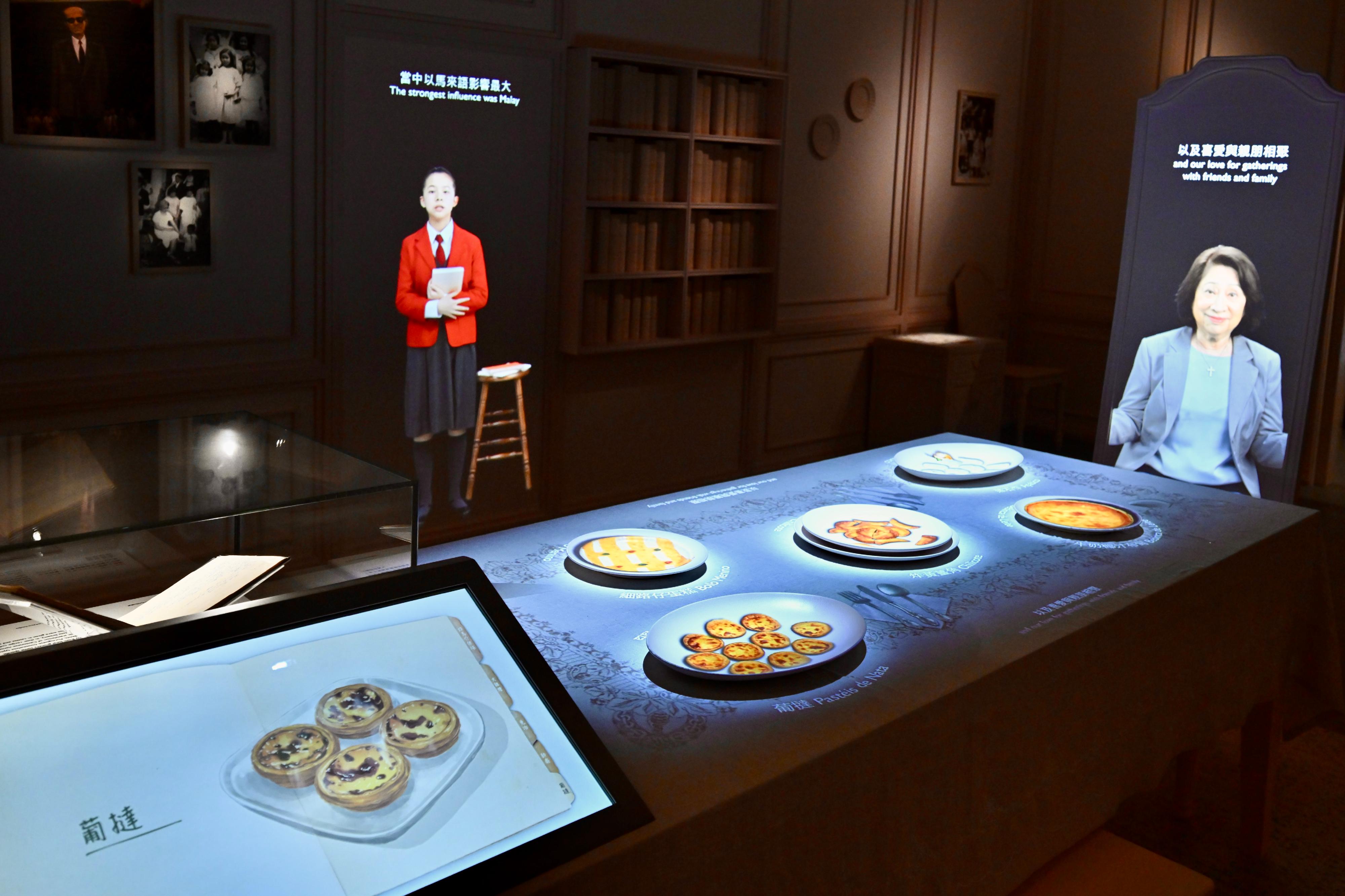
The Hong Kong Museum of History will launch three new exhibitions of the "Multifaceted Hong Kong Exhibition Series" from tomorrow (November 27). Photo shows an exhibition zone decorated like the Sala de Encontro (meeting lounge) of a Hong Kong Portuguese home. The audience may learn about the Hong Kong Portuguese community’s distinctive traditions and culture through projection programmes.
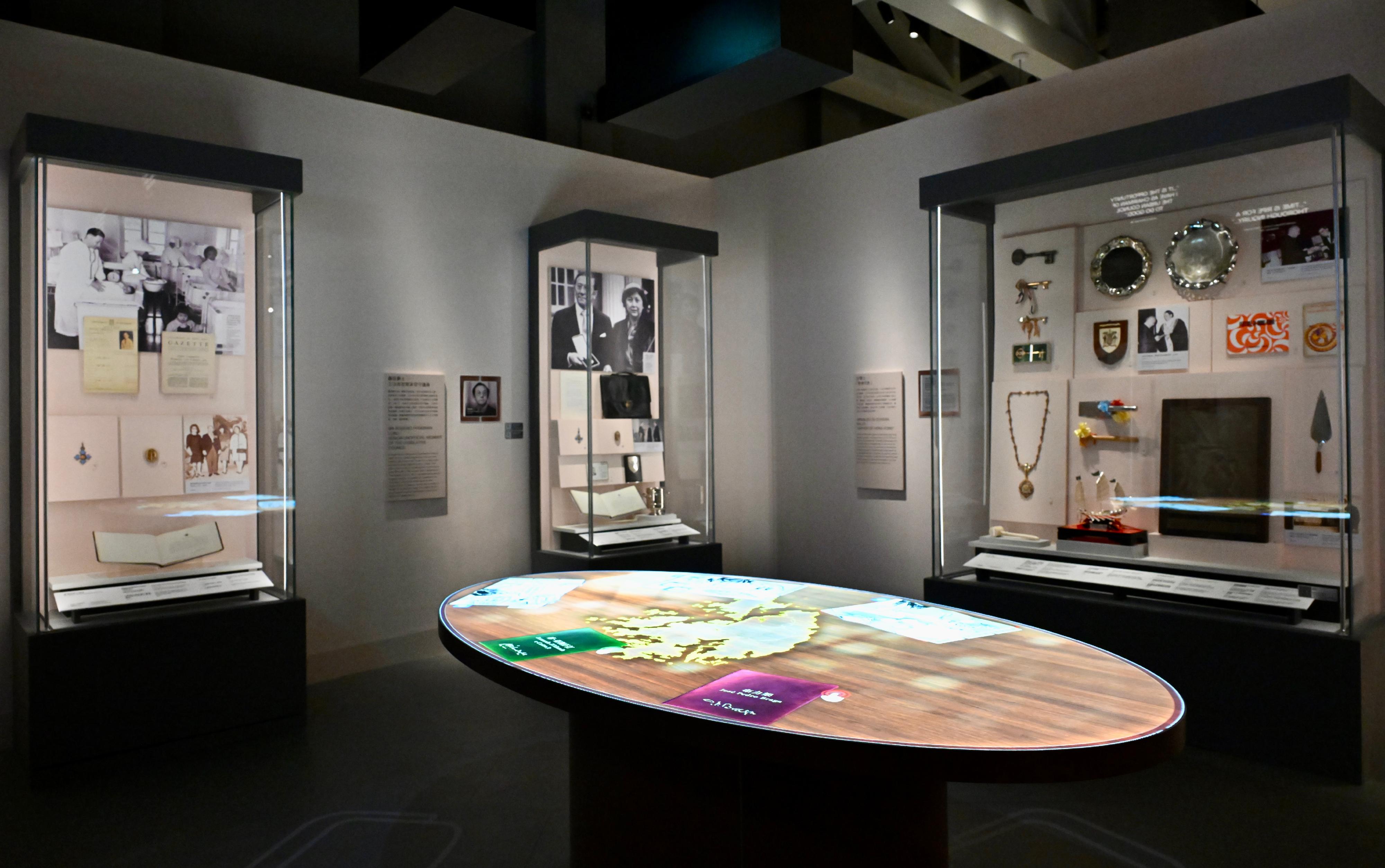
The Hong Kong Museum of History will launch three new exhibitions of the "Multifaceted Hong Kong Exhibition Series" from tomorrow (November 27). Visitors may read about the contributions of five Portuguese civic leaders from notebooks projected on the meeting table.
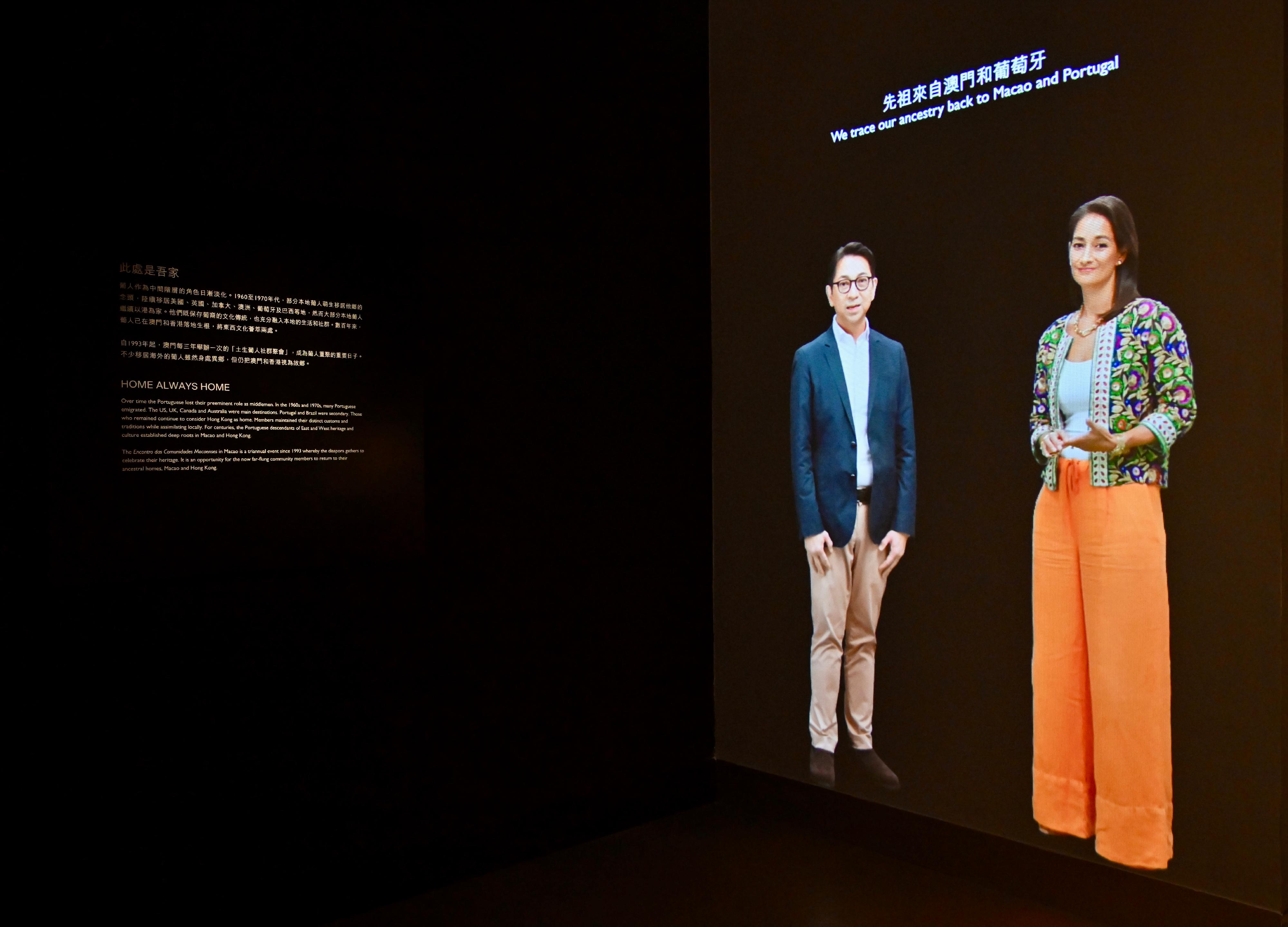
The Hong Kong Museum of History will launch three new exhibitions of the "Multifaceted Hong Kong Exhibition Series" from tomorrow (November 27). Visitors may learn about the eighth-generation local Portuguese people's perspective on the culture and future of the Portuguese community.
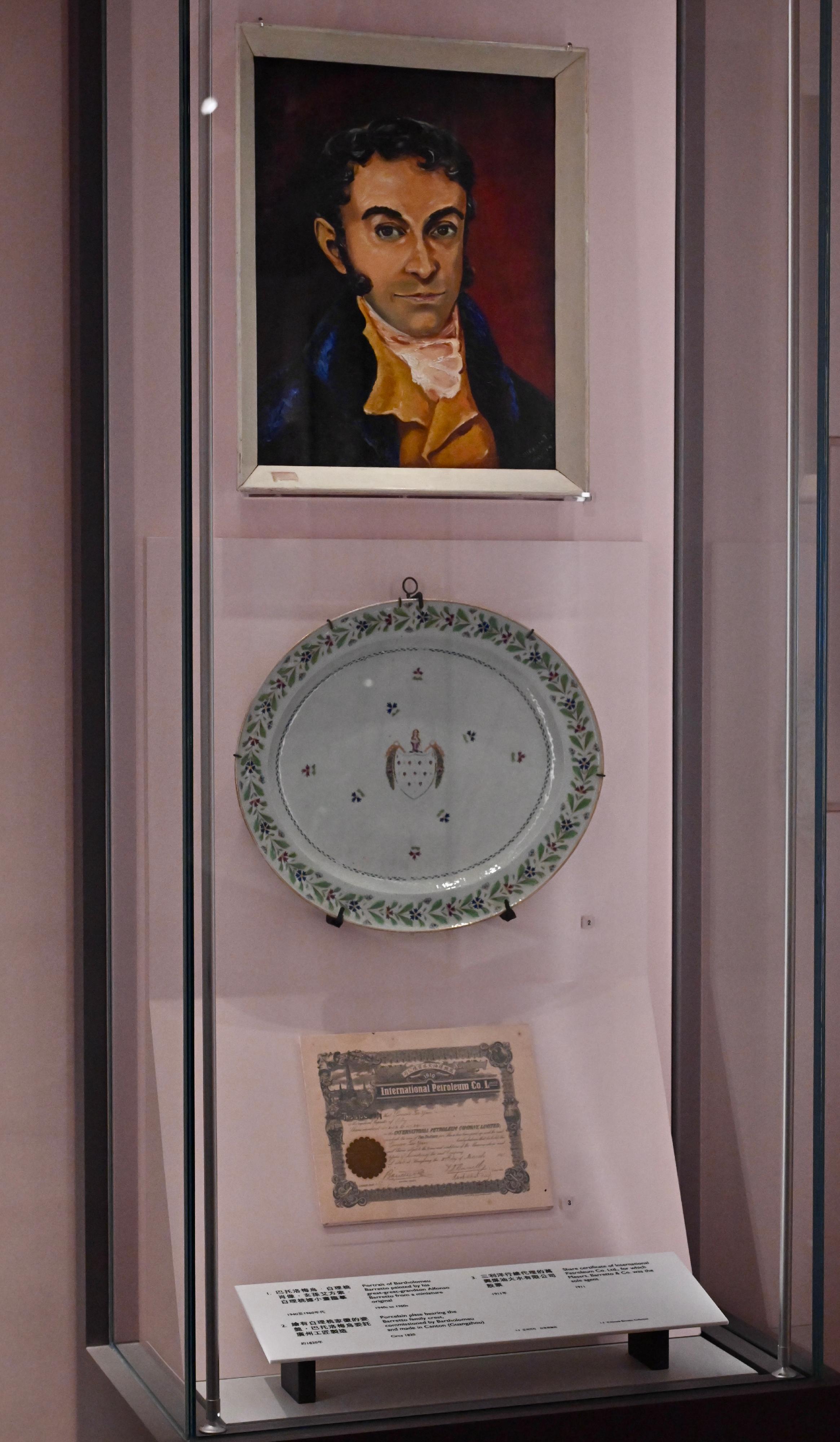
The Hong Kong Museum of History will launch three new exhibitions of the "Multifaceted Hong Kong Exhibition Series" from tomorrow (November 27). Photo shows a porcelain plate made in Guangzhou bearing the Barretto family crest from around 1820.
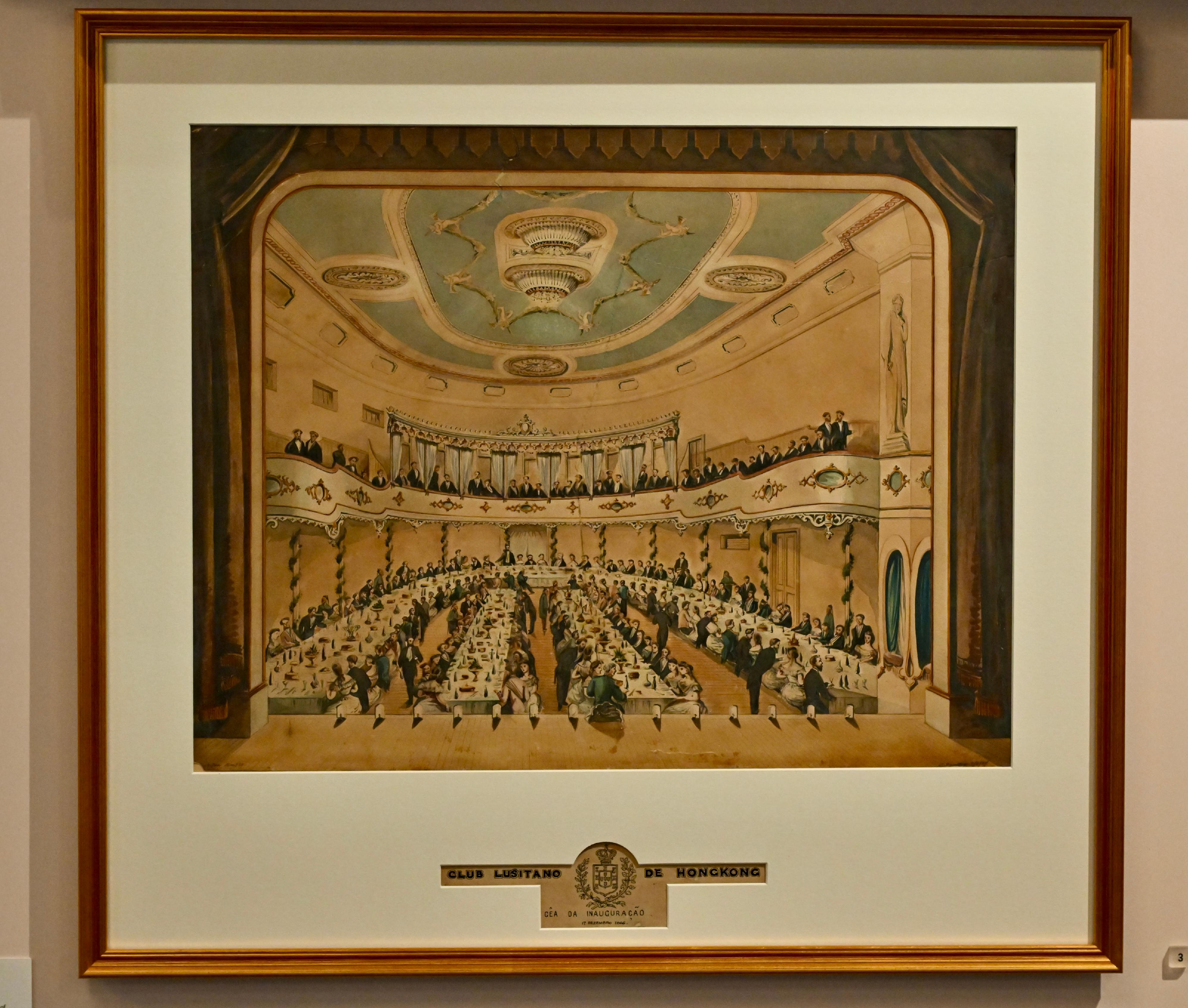
The Hong Kong Museum of History will launch three new exhibitions of the "Multifaceted Hong Kong Exhibition Series" from tomorrow (November 27). Photo shows a watercolour painting of the Club Lusitano inauguration in 1866.
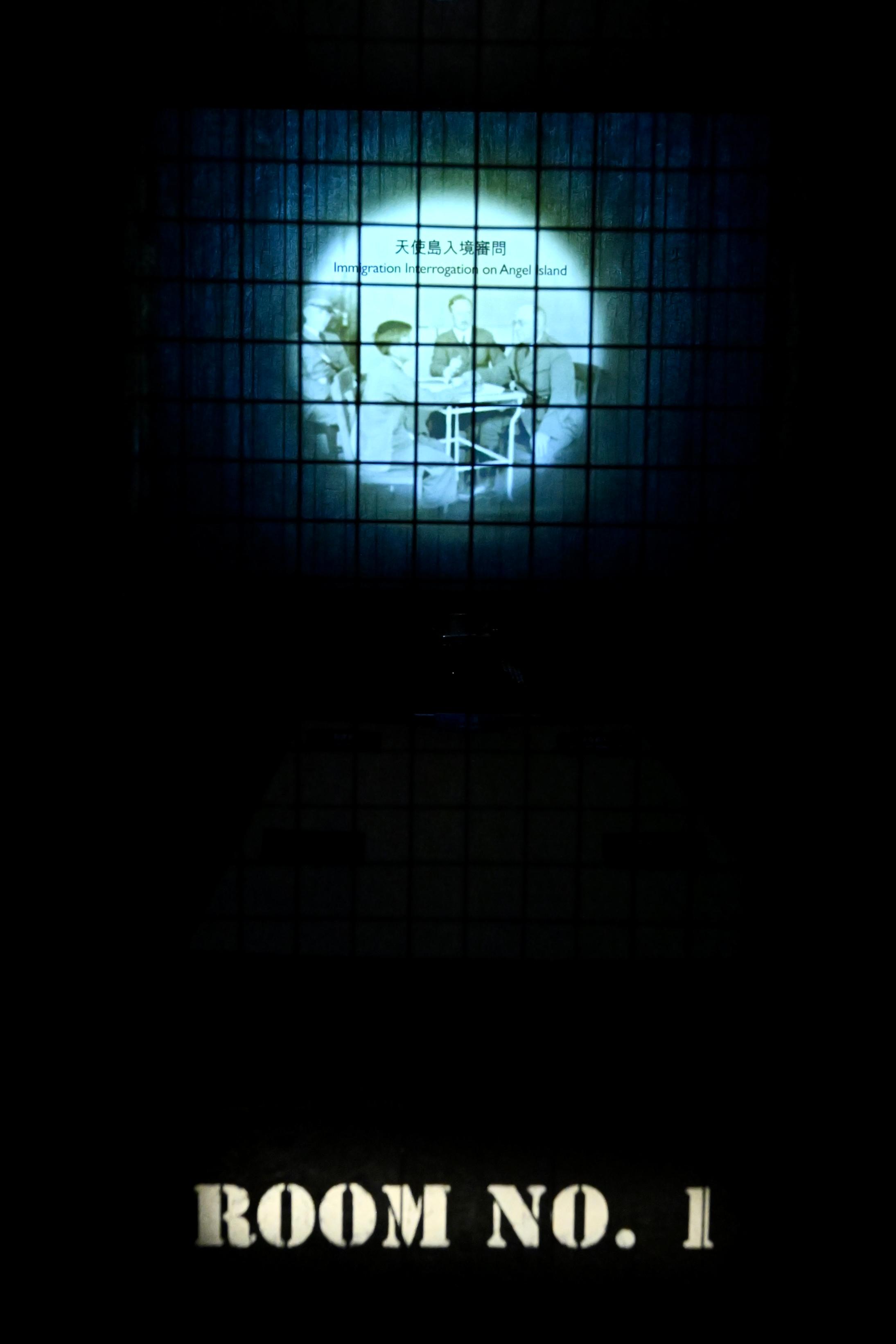
The Hong Kong Museum of History will launch three new exhibitions of the "Multifaceted Hong Kong Exhibition Series" from tomorrow (November 27). Photo shows a simulated room of interrogation in the Angel Island Immigration Station, the United States, between 1910 and 1940.
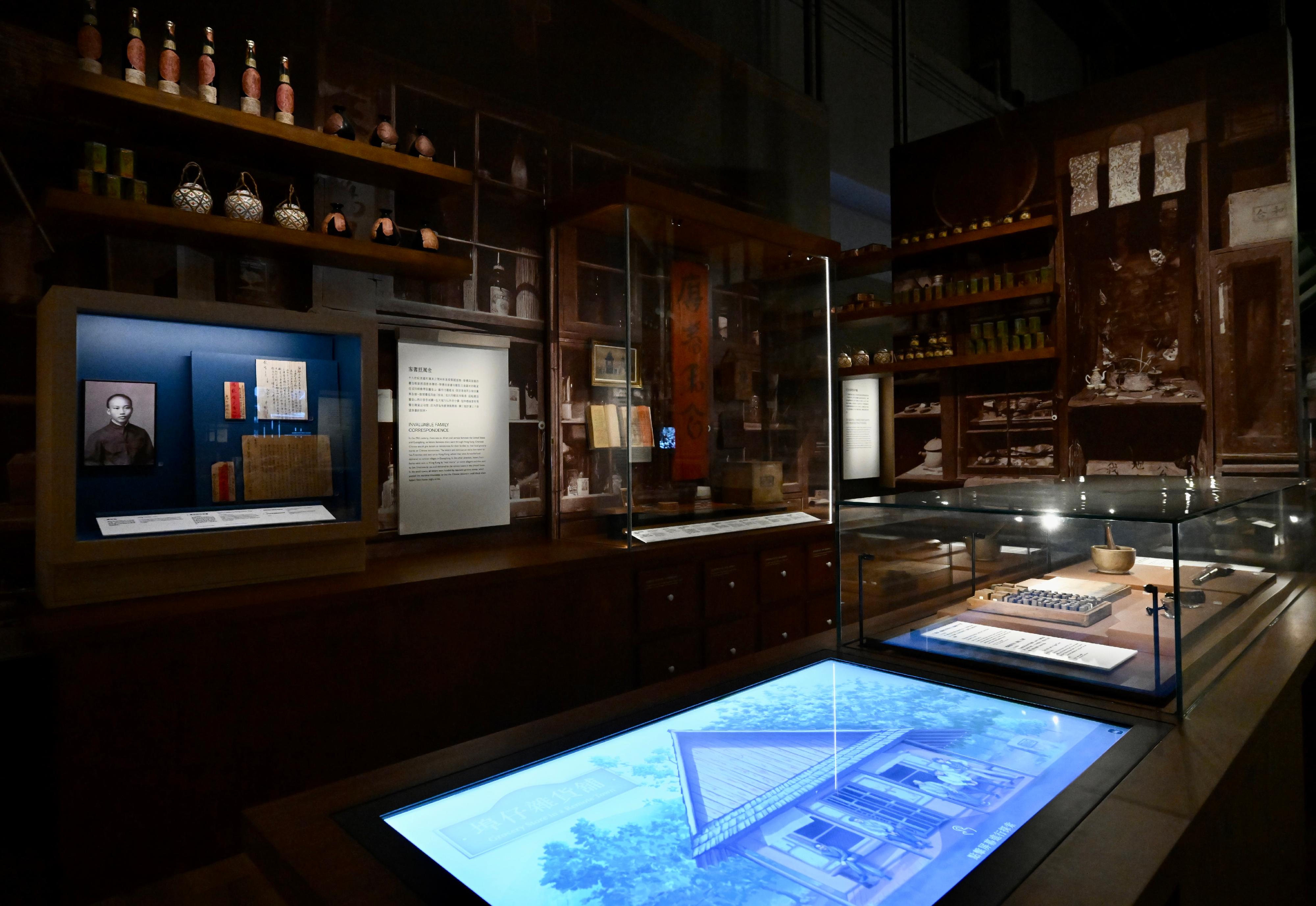
The Hong Kong Museum of History will launch three new exhibitions of the "Multifaceted Hong Kong Exhibition Series" from tomorrow (November 27). Photo shows the Chew Kee Grocery Store, originally located in Fiddletown, California, reconstructed in the exhibition.
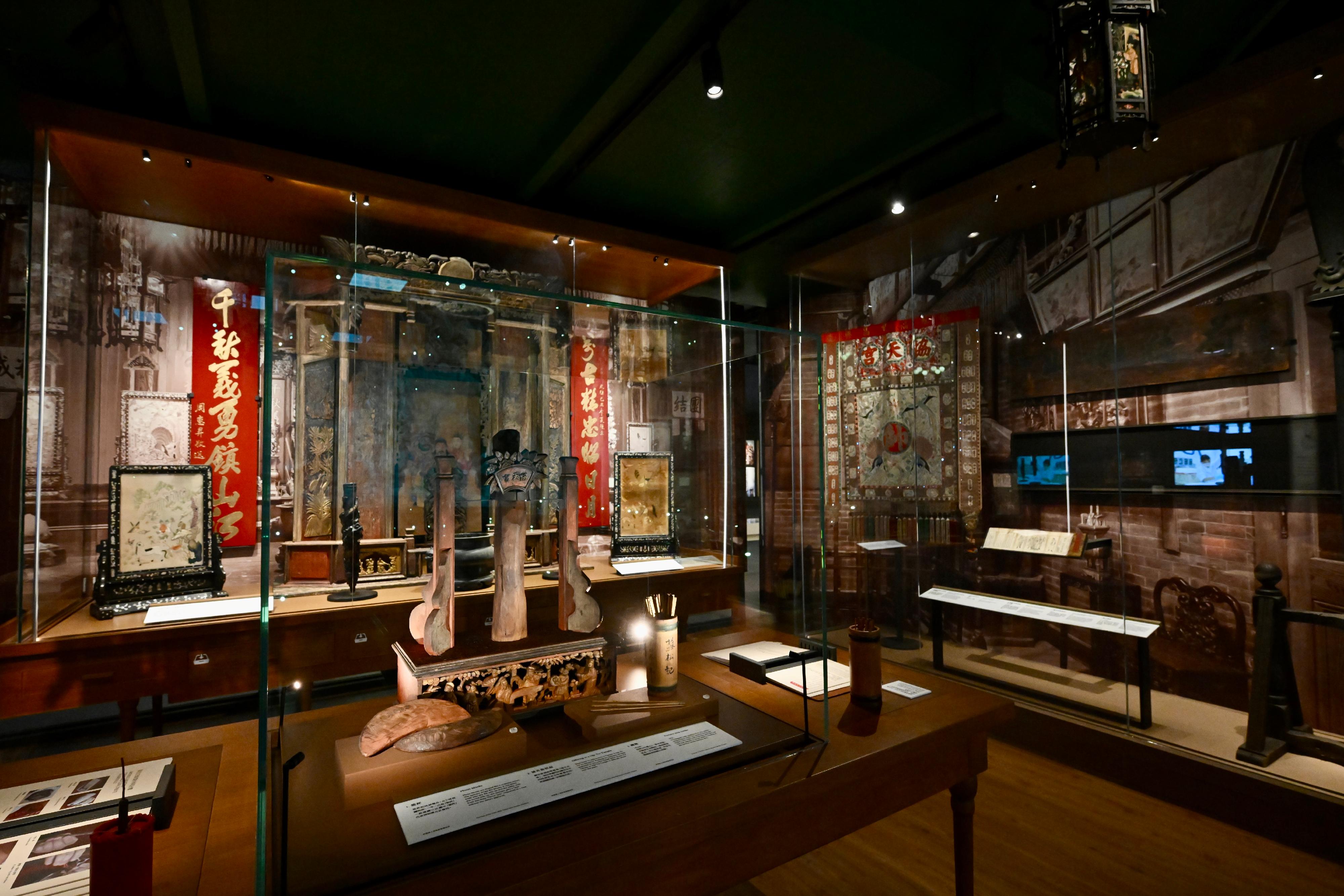
The Hong Kong Museum of History will launch three new exhibitions of the "Multifaceted Hong Kong Exhibition Series" from tomorrow (November 27). Photo shows the Kwan Tai Temple, originally located in Hanford, California, reconstructed in the exhibition.
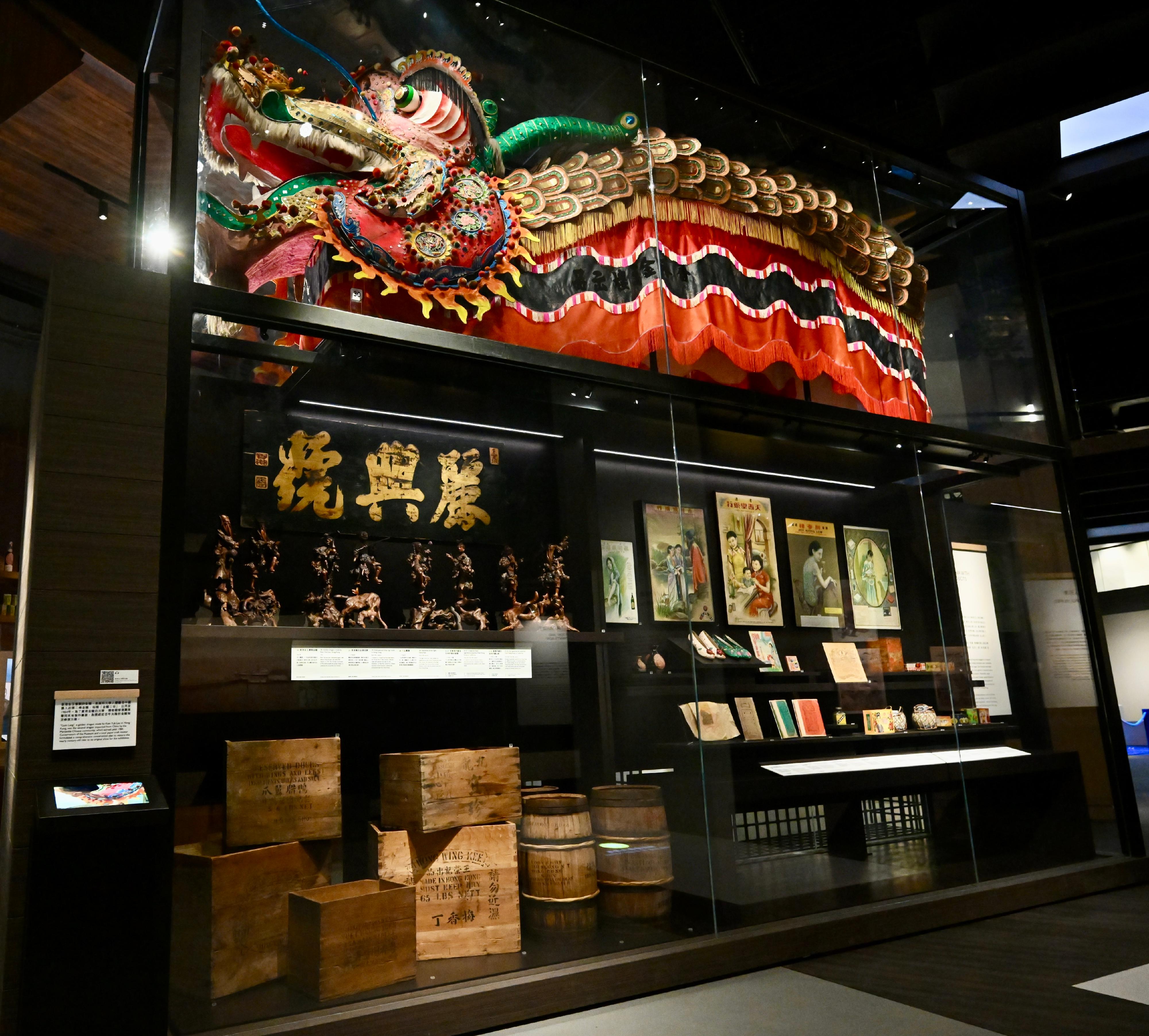
The Hong Kong Museum of History will launch three new exhibitions of the "Multifaceted Hong Kong Exhibition Series" tomorrow (November 27). Photo shows a golden dragon made by Kam Yuk Lau, Hong Kong, in 1931 and used in the Bok Kai Festival of Marysville, California, until 1984.
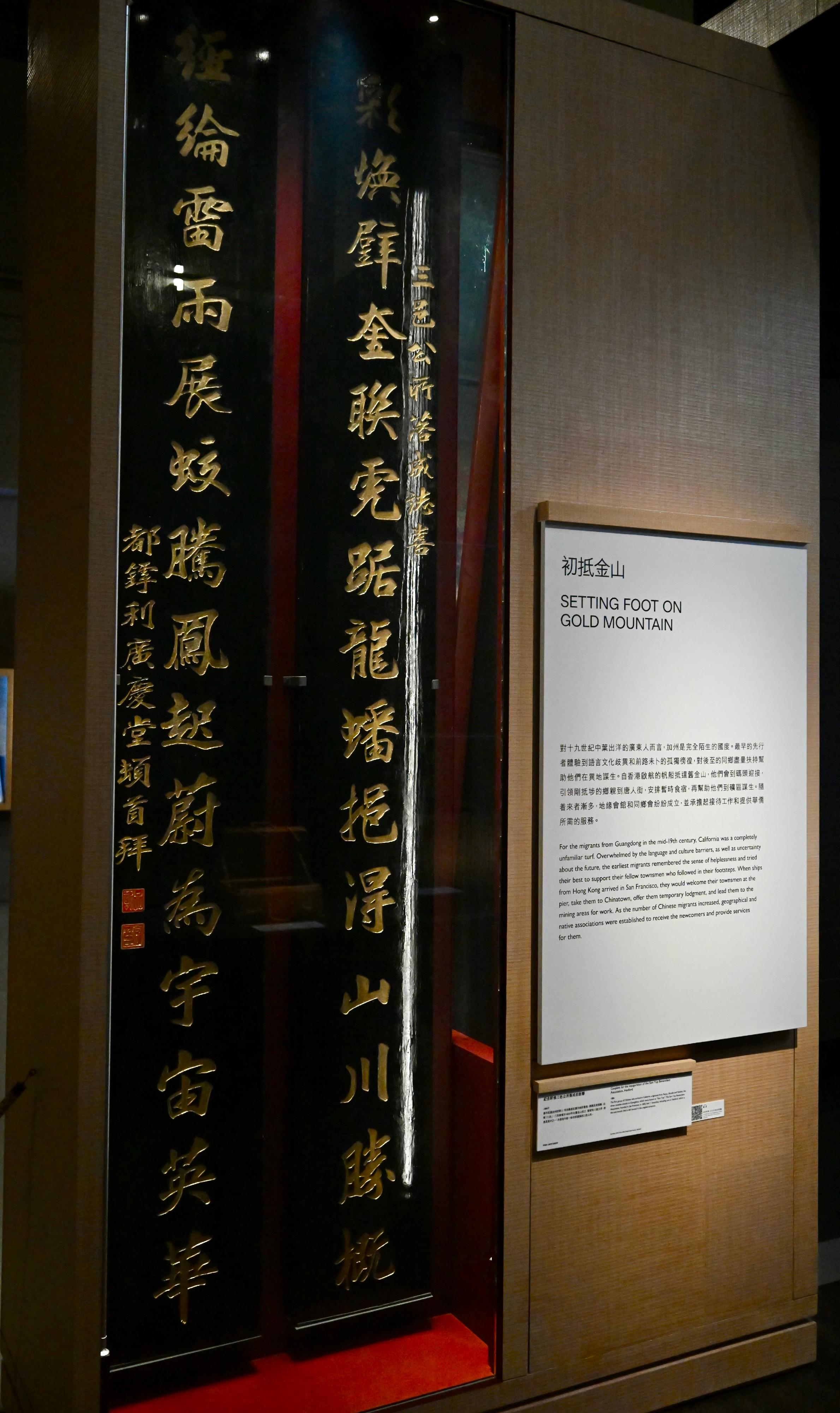
The Hong Kong Museum of History will launch three new exhibitions of the "Multifaceted Hong Kong Exhibition Series" tomorrow (November 27). Photo shows a pair of couplets for the inauguration of the Sam Yup Benevolent Association, Hanford, California, in 1886.
 Leisure and Cultural Services Department
Leisure and Cultural Services Department
Leisure and Cultural Services Department
Leisure and Cultural Services Department

















